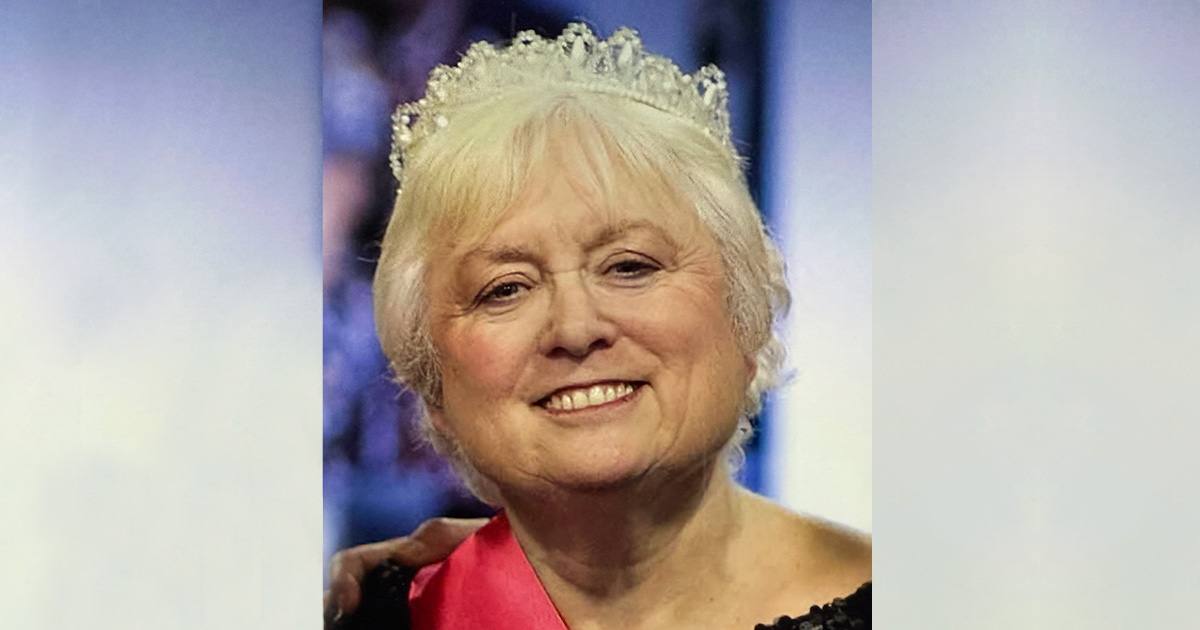During the first leg of the 2007 Abracadabra conference held in Rotherham on the 9th February, Maureen Wallymahmed, a Nurse Consultant based in Liverpool, chaired a session on the role of the DSN today and the place of leadership in light of the recent Journal of Diabetes Nursing articles published over the past months (Roberts, 2006; Scott, 2006; The Diabetes Nurse Consultant Group, 2006; Downey, 2007; Hartley, 2007; Hynd, 2007). The capacity of diabetes nurses and that of all healthcare professionals involved in diabetes care has undergone extensive changes over the last few years, but perhaps what has been the most noticeable is the pace at which these changes have come into practice.
So how is the role of the DSN likely to develop further? Maureen began by reviewing how practice-based commissioning and payment-by-results schemes may affect the role of DSNs and, furthermore, the perceptions of decreasing job security and the possibility of being redeployed to hospital wards. ‘By moving DSNs away from diabetes care, it is as though trusts are saying to us what you are doing is not as important as what you could be doing on the wards,’ she said.
Specialist services such as those provided by DSNs are sometimes perceived as an easy target when trusts come to cutting costs. The question that the conference delegates decided to address was how can DSNs make trusts realise how important their roles are. Are DSNs focusing too much on patient care when they should also be looking to promote their work on a wider scale? A case study of how this has been done to some extent in Liverpool was presented. In this area, DSNs from both primary and secondary care have actively been promoting their activities and achievements by submitting projects to industry- and government-sponsored awards. The delegates agreed that this is an excellent way of validating the work being done by diabetes nurses. Additionally, this approach to DSNs ‘singing their own praises’ provides data on what they are doing, how they are doing it and the impact it is having on care provision.
Building on this evidence base was the suggestion from audience members to collect testimonials from the people who should always remain at the centre of any debate around diabetes care: the people with diabetes who interact with DSNs. The availability of patient choice should be highlighted to each individual and stop the slow slip away from seamless care.
It was suggested that DSNs often did not consider the wider picture. Only one person present, who raised the issue, was aware of the Social Enterprising scheme run by the government, within which millions of pounds are available for projects and businesses with social objectives who reinvest their profits/surpluses into the business for the benefit of the community rather than shareholders. Often all that is needed is awareness of these funds and the ability to ‘talk the talk’, as the work has already been done as part of the everyday DSN role.
Enter the devil’s advocate: ‘diabetes care services need to make money’. These issues of recognition and economics strengthens the need for DSNs to think beyond their primary role of patient care. One delegate highlighted that experienced and skilled DSNs will always have a role somewhere in the system in the UK, but what she believes is needed is a DSN network. It was argued that as a network DSNs can find ways around this finance-focussed system so that patient care is still prioritised. Maureen went on to urge those present to raise their concerns around matters relating to patient care with Diabetes UK: ‘If we do not make Diabetes UK aware of what is going on in our areas how will they be able to do anything about it?’
All of the matters discussed above depend on one pivotal role – that of leaders. At the end of the day, someone must initiate and co-ordinate change so DSNs can progress forward as a group in a systematic manner.
Furthermore, it was put forward that a national career structure for DSNs was what was missing. Many areas have ‘in house’ career structures enabling nurses working in diabetes to develop skills and competencies to move up the ladder. However this is not common to all and in some areas this is being eroded due to posts not being replaced when nurses move on. This followed on to the next issue of the role of a national group representing DSNs.
There are currently several groups representing nurses working in a variety of areas of diabetes care, such as the National Diabetes Inpatient Specialist Nurse Group, the National Diabetes Facilitators Group, the RCN Forum and the UK Association. There was a general consensus that each of these groups has a good deal to contribute. However it was felt that there is a need for key members of each group to come together on a national level to represent all nurses working in diabetes. Maureen concluded with the need for unity: ‘If we all work together with one clear voice we will make more progress than we will divided.’





International Diabetes Federation officially recognises “type 5 diabetes”, decades after first being observed.
24 Apr 2025